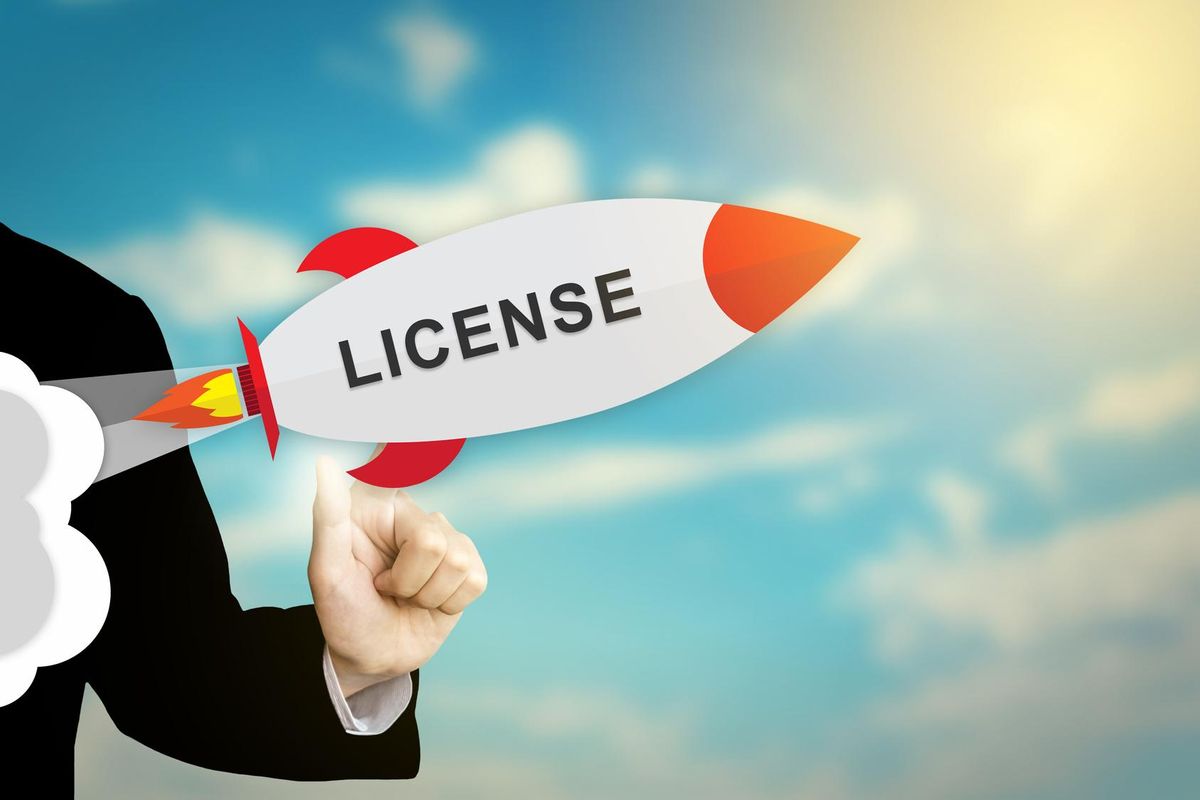
The Minimum Guarantee: A Fundamental Feature of Product Licensing
Minimum guarantee. Familiarize yourself with the term–it’s a fundamental one in licensing, and the number around which your contract will be based.
What is a minimum guarantee?
The minimum guarantee is, simply, the number you guarantee to pay the company from which you are licensing property, regardless of whether you sell only a single product or five hundred thousand. This minimum guarantee MUST be paid. There are a couple factors to consider when establishing one.
How is a minimum guarantee determined?
The minimum guarantee is formed from your predicated sales. Although the number may fluctuate up and down, depending on the company you are working with, 10% of your estimated revenue is typical. This is why it is so important to accurately interpret your capacity for sales. Although you want to demonstrate that you have a flourishing business, a number of distributors, markets, etc, grossly overestimating your numbers can place you in a dangerous position. The popularity of the current property (Disney, for example, was able to demand 20% of its licensee’s revenue, years ago) and the size of the company will dictate the percent of revenue they will ask for, or simply, the royalty rate.
More articles from AllBusiness.com:
- 5 Things to Look for in a Small Business Checking Account
- What Must a Contract Contain to Be Legally Binding?
- The Difference Between Buying and Licensing Software
- Does Your New Business Idea Solve a Real Customer Problem?
- What’s the Difference Between an LOI and a Sales Contract?
Length of a minimum guarantee
All licensing contracts have term lengths. The majority of mine have been for three years. The payment of the minimum guarantee can be spread out over the established length, although most companies will expect an advance (25% is a typical demand). In order to insure that the minimum guarantee is met, a smart company will demand that you provide a “letter of credit” from your bank. The bank will then set aside your pre-determined minimum guarantee in a separate account that you cannot access for the length of the contract, regardless of when you actually pay off the amount.
In this way, a company insures that it will receive payment without having to pursue a licensee legally, if things are to go awry. It’s smart. The letter of credit, however, will cost you to be established. If your company is extremely well established and has a great financial record, a letter of credit may not be necessary. But for most, it makes sense for the licensor to ask for one.
RELATED: How Do You Know If Your Brand Is Ready for Licensing? Here’s a Checklist



